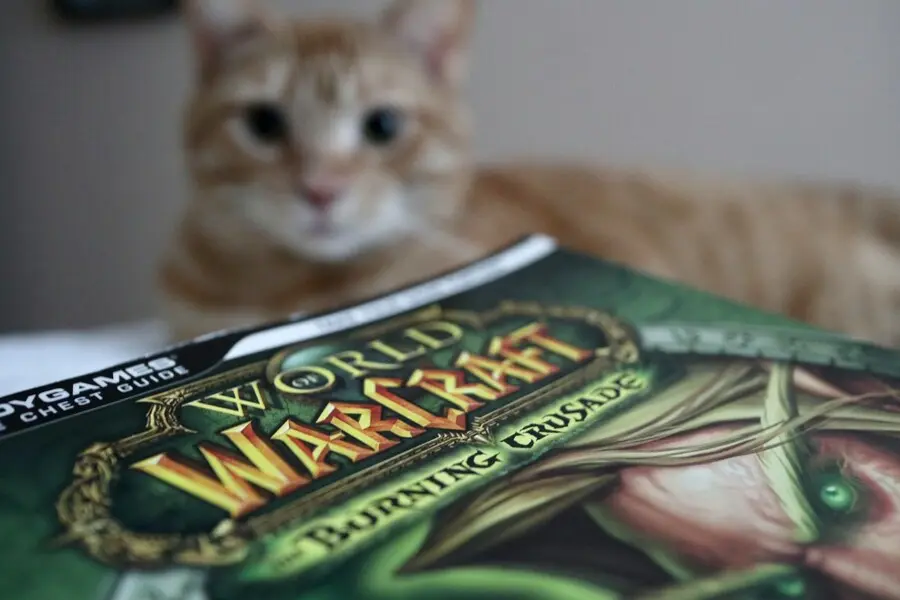Feel stumped when it’s time to create your book title? There’s no need to stare helplessly at a blank page or blank screen. Instead, jump-start your creation of a title by looking at successful books on today’s best-seller lists and using the patterns you can identify in those titles to spark your own ideas, tailored for your own book’s content and focus.
For example, you might look at the book title “Kisses from Katie: A Story of Relentless Love and Redemption,” and analyze it as three emotional words using alliteration, then “A Story of…” two qualities, one of them modified in a curiosity-provoking way.
Likewise, you could look at “Is That a Fish in Your Ear?: Translation and the Meaning of Everything” and analyze it as a weird, provocative question, followed by a simple one-word summary of the topic and a grand philosophical phrase.
Among business books, you might find yourself lingering at “The 4-Hour Workweek: Escape 9-5, Live Anywhere, and Join the New Rich” by Tim Ferris and break it down as four promises, the first one as a way-out-of-reach dream and three more compelling promises starting with a verb.
As in that example, you’ll also see many numbers, particularly in strongly selling business books and self-help titles, such as “The 48 Laws of Power” by Robert Greene or “Goal Setting: 13 Secrets of World Class Achievers” by Vic Johnson.
Another attention-getting pattern is a reversal of expectations. For example, “The Gift of Fear” by Gavin de Becker makes us curious because we normally consider fear a curse rather than a gift.
Among cookbooks, you’ll find grandiosity, as with “How to Cook Everything” by Mark Bittman. (Surely that’s a huge exaggeration!)
In the science section, where many of us would expect dry, academic titles, you might smile at “Knocking on Heaven’s Door: How Physics and Scientific Thinking Illuminate the Universe and the Modern World” by Lisa Randall. The pattern there consists of an opening phrase that quotes a popular song with a double meaning and a subtitle that defines the topic literally, completely ignoring the song reference.
Something you’ll notice in many titles is alliteration – repeated initial sounds. For instance, as I write this, the nonfiction best seller list includes “Suicide of a Superpower” by Patrick Buchanan and “Living Large in Lean Times” by Clark Howard – where the repeated s’s or l’s make the title phrase much more memorable.
You’ll also see titles that bring together opposites or contrasts to create tension in a phrase, as with “The Big Short” by Michael Lewis or “Forks over Knives,” a book version of a documentary film on plant-based eating.
Undoubtedly you’ll spot examples of one of the most popular title patterns today, a one-word main title followed by a much longer, clarifying subtitle, such as “Maphead: Charting the Wide, Weird World of Geography Wonks” by Ken Jennings or “Rigged: The True Story of an Ivy League Kid Who Changed the World of Oil” by Ben Mezrich.
Remember to use the patterns you see in your research for inspiration. Do not copy them. When you’ve done it right, you’ll have a resonance of success that people feel without knowing why that makes them want to explore your book and buy it.
Source by Marcia Yudkin













